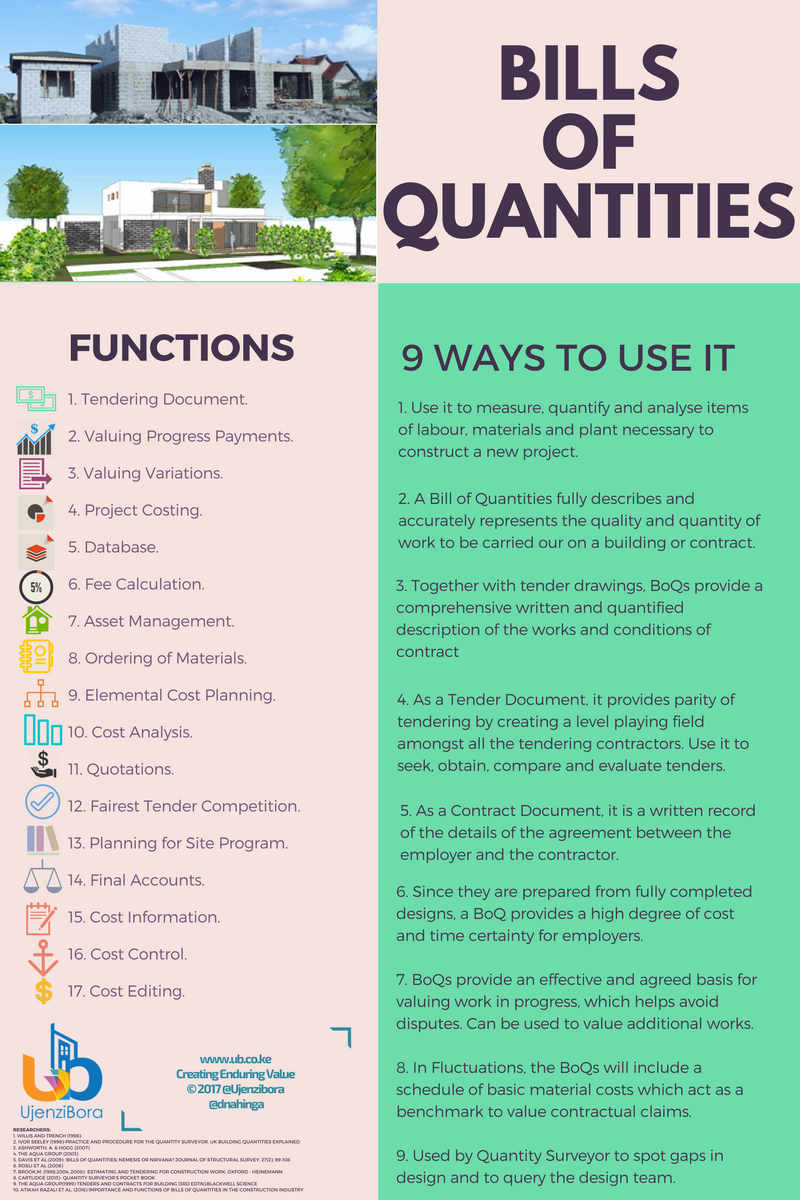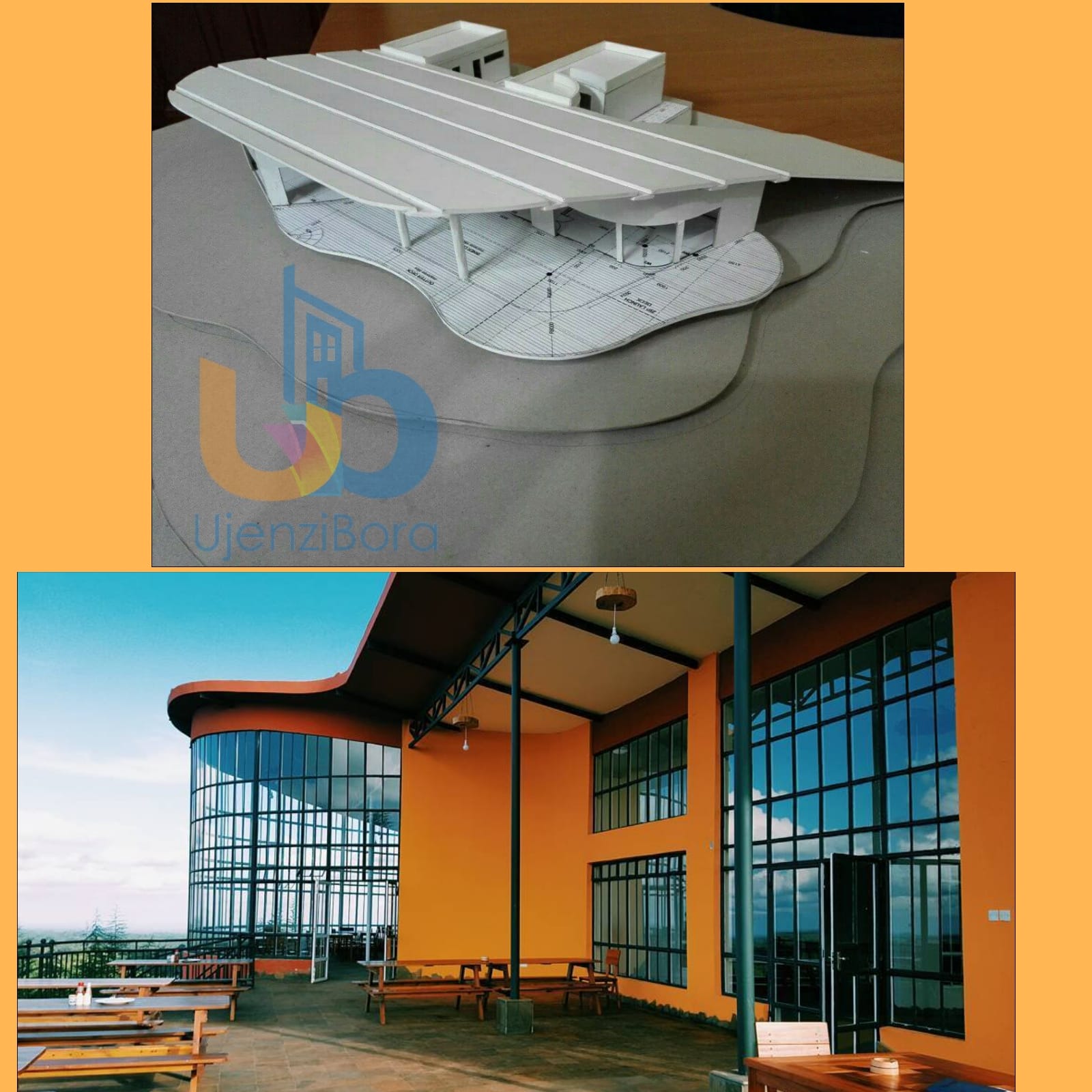Contractual Claims and Dispute Resolution (Lessons from The NSSF vs. Mugoya Construction Co. Case)

Contractor vs. Owner
On March 22nd 2012 the Daily Nation carried an interesting case of Contractor Vs. Owner where the National Social Security Fund (NSSF) lost 830 million shillings. Kenyans never seem to learn from our past mistakes!
The houses were never built. But the contractor put in claims on the grounds that he had done some basic work before the project was cancelled.
The material facts of this case are similar to a case about 7 Years ago where Dr. Richard Leakey terminated the Contract for Ongata Works. The company sued for irregular termination of the contract and was awarded Sh97,518,081.35 million by the court.
What are the Basic Building Blocks for such Cases?
Generally, the law seeks to compensate the contracting party who has suffered losses because of the other party’s breach of contract. The court does not seek to punish the party that has breached the contract.
Contractors are in business to make gains and obtain better experience. Therefore, common law does not view contract breach as an immoral act that justifies punishment although the courts may award punitive damages for certain types of egregious contract breach.
In such unique cases, the motive is to prevent a repeat of the conduct or to make an example to deter others from similar acts.
Doctrine of Restitution and Expectation:
In the two examples above where the Government lost millions of shillings, the court judgement sought two things:
1. Restitution : to restore the party to the position it occupied before performance begun. Restitution looks backward to the position the parties were in at the time they entered into the Contract
2. Expectation: to place the injured party in the position it would have reached had there been no breach. Expectation looks forward and seeks to determine what would have happened had the parties completed performance.
Weak Defense by Owners, Public Institutions or Employers
In 2011, NSSF defence in court had been that no payments were due because the contractor proceeded to the site before he was asked to take possession of it.
In 2004, KWS had cited irregularities in procurement and poor job by Ongata Works. None of this defenses could prevent the courts which are guided by principle and justice to compensate the Contractors! So that Contract Law guards against weak parties against breaches by the owner and in order to promote society in engaging in economic exchanges, it was prudent for the courts to be decisive.
Key Illustrations to serve as Guiding Principles:
Claims by Contractors against owners can arise in many contexts. The principal claims are based on the following:-
1. Refusal of the owner to permit the contractor to commence performance after the contract has been awarded
2. Wrongfully terminating the contractor’s right to performance
3. Committing acts that justify the contractor in ceasing performance
4. Failing to pay the contractor for work performed under the contract
5. Committing acts that increase the contractor’s cost of performance
When the contractor has sued the owner, the ball is usually thrown back to the Owner and it bears the burden of showing that the cost of particular work was unreasonable.
What if the Project Never Commenced?
The contractor can assert Consequential Damages for being denied opportunity to commence performance. He may seek to be awarded damages quantifiable as lost profits on the contract.
Can Profits be futuristic? Absolutely Yes! The Judge can place the burden on the contractor to demonstrate or establish what the profits would be. On a balance of accurate probability and reasonableness, the same can be awarded.
Is it Unjust Enrichment?
The court often tries to balance its judgement on both Expectation and Restitution. In any case, the conduct of the Owner/Employer can trigger a contractor to purchase Equipment and Stores in preparation for undertaking the works.
The contractor can also incur other expenses like Performance Bonds, Insurance for the Works, Risk Policy and Sureties including taking heavy loans the terms of which the Banks may not adjust on the occasion of a breach of contract.
Owners and Employers must mean what they say especially when it comes to legal aspects of Construction.
A signed contract is as good as money in the Bank bearing the complexity of construction performance.
What Factors are Considered when determining Compensation?
The court may consider the unique facts of the case at hand, the 5 guiding principles stated above and several combinations of the following aspects
a) Damages occasioned by delays
b) Damages due to disruption, loss of productivity, inefficiency, acceleration and escalation
c) Idleness and underemployment of facilities, equipment, and labor
d) increased cost and scarcity of labor and materials
e) use of more expensive modes of operation (due to inadequate specifications)
f) stopgap work needed to prevent deterioration of work already begun
g) shutdown and restarting costs
h) maintenance
i) supervision
j) equipment and machinery rentals and cost of handling and moving
k) travel expenses
l) bond and insurance premiums
m) Interest
Exceptions:
Where the contractor’s claim of material breach by the owner is a tactic to allow the contractor to bail out of a losing contract that resulted from causes that are the responsibility of the Contractor.
Future Reading
1. Legal Aspects of Architecture, Engineering and the Construction Process, 7th Edition by Justin Sweet & Marc Schneier
2. The two Classic Cases above used as Examples.
Closing Remarks
In this post, we considered the case where the Contractor has an Upper Hand. (Contractor vs. Owner). We hope to compile material for situations where the Owner has the Upper Hand i.e ( Owner vs. Contractor)
– Qs. David Nahinga










































1 Response
[…] our recent post, we saw how the National Social Security Fund lost millions of Shillings and is still at the verge of losing an additional sum of Sh1.5 billion in a […]